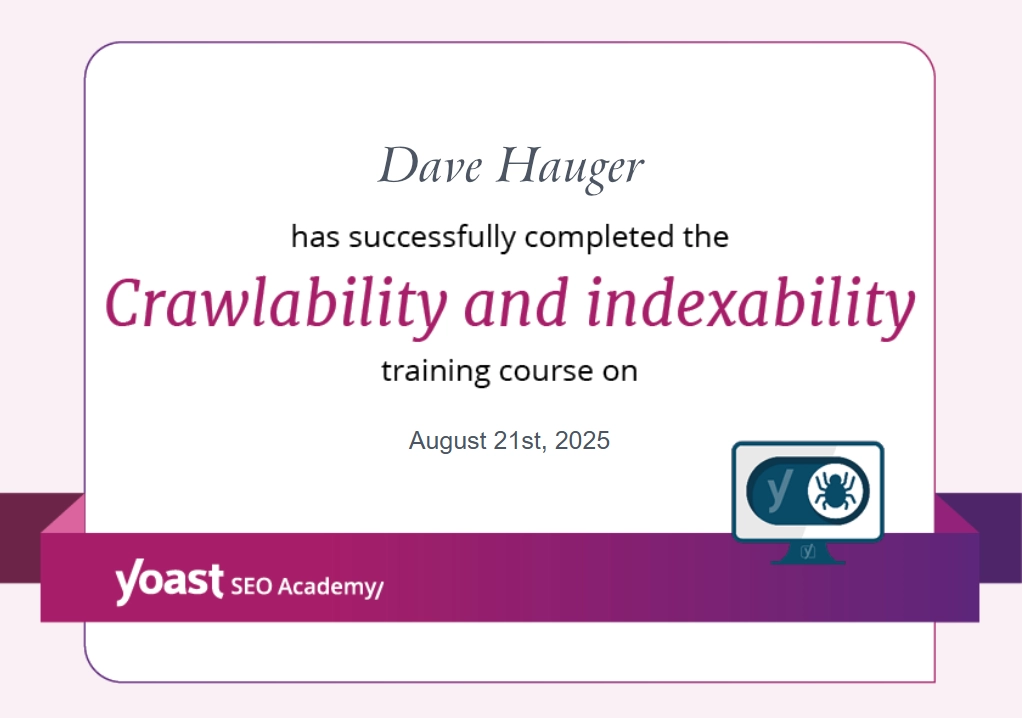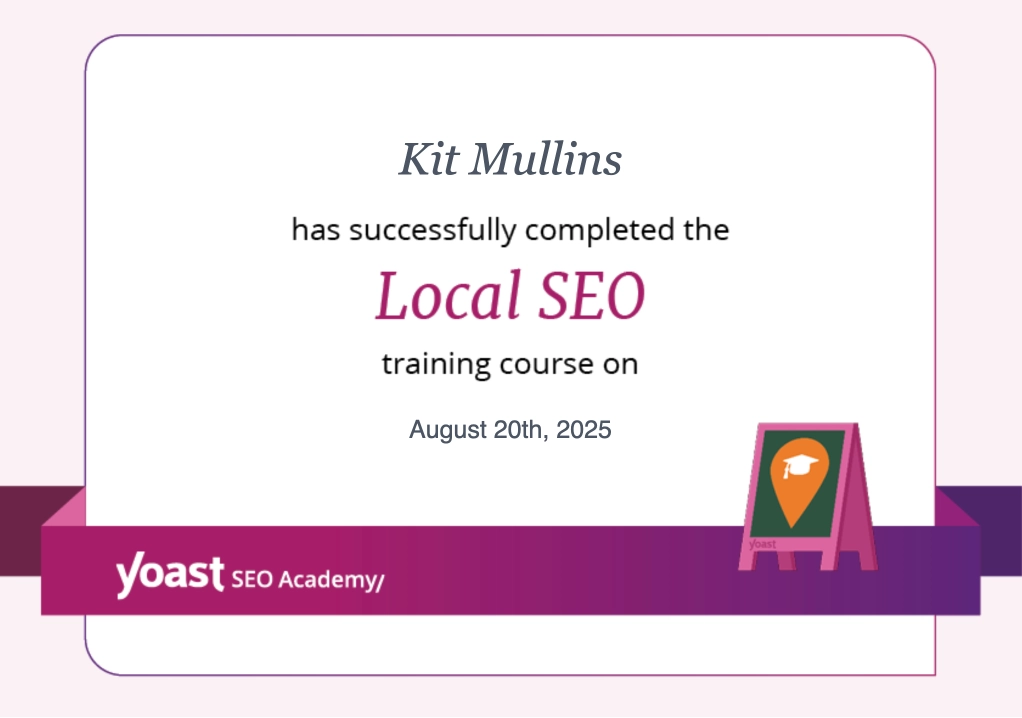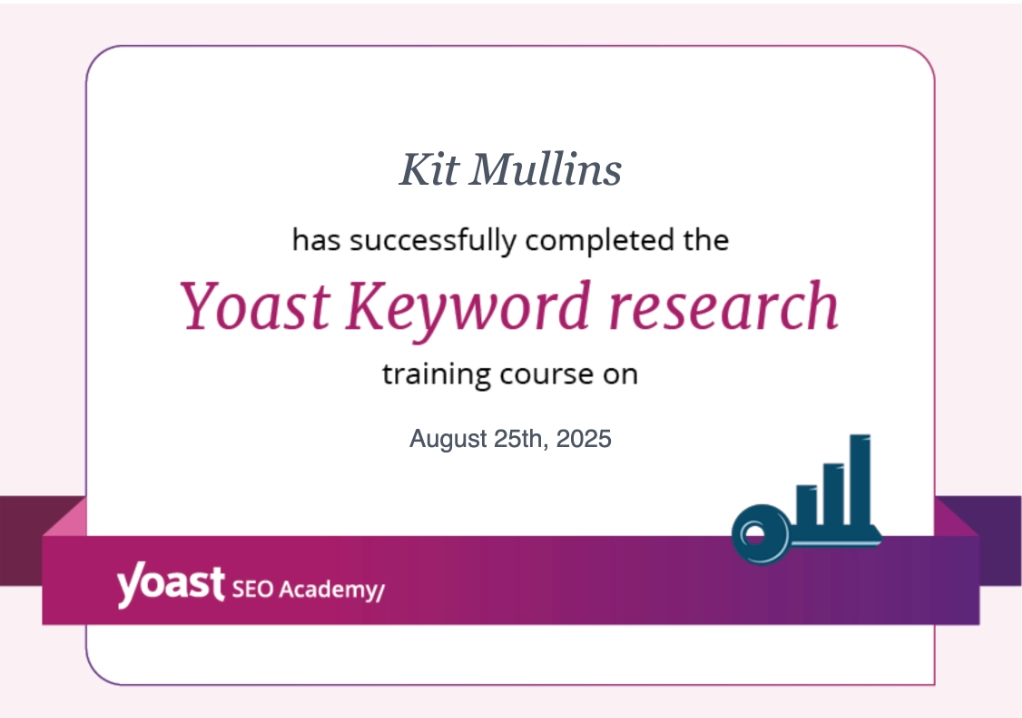In most things, we like to follow Henry David Thoreau’s advice to simplify, simplify, simplify. His advice is perfect for creating a simple business plan.
We like simple. You don’t have to have your MBA to write a compelling yet simple business plan. You need a vision, and you might need to do a little market research. But if you are starting or running a business, you likely already do these things. Get it down on paper, and your whole company will benefit.
Creating a simple business plan is beneficial for several reasons:
- For a startup, it helps the owner define the business’s focus.
- For an established business, a plan is critical for cultivating and evolving.
- Recording and tracking goals provides clear direction for the entire team.
Strategy is the heart of a business plan. Don’t get caught up in “businessy-sounding” language. Many of us overcomplicate things when we try to sound professional or intellectual. Forget the jargon. Write a business plan that you can actually use. (Click to tweet.) The added benefit is that by doing so, you will create a business plan that is accessible and inviting for potential investors and partners, too.
Ways to Keep your Business Plan Usable (and Shareable)
- Don’t feel like you have to turn out a document like a graphic designer if you are not one. Use a standard font, size 11 or 12.
- Use bullet points and headings to organize ideas.
- If you are a chart-making expert, then make one if the need arises. Otherwise, skip it.
- Write in the same style as you would verbally describe your business to a friend.
- Proofread (or enlist a proofreader) before sending to professional contacts.
- Be specific. Don’t fear cutting things out and letting things go in everything from defining your business to writing goals.
- Be realistic about yourself and about your competition. Fiction does no good in a business plan.
How Long Should Your Business Plan Be?
Your business plan should be as long as it takes to effectively describe your business, your financial movement, and your goals — and no longer. Don’t fill 20 pages when it takes 10. Don’t fill 10 if it takes 5. No fluff, no fancy words. State everything up front. Think Paula Abdul and write your business plan straight up.

Think of a business plan as your company’s resume. (Click to tweet.) Less experience and longevity means a shorter plan. A large and established business could very well craft a business plan that is 30 pages or longer. Don’t force a length. In fact, after you finish writing your business plan, let it sit for a few days. Then reread it and shorten it wherever possible to make each topic concise and compact.
The value of being able to accurately describe your business in one or two sentences cannot be overstated. This is something you and/or your sales team will do from here on out. Crafting a good business plan does have one helpful side-effect: the greater familiarity one gets from the exercise (a familiarity that can be applied in other channels, such as the ability to voice the essence of your business in the time it takes to ride an elevator or buy a cup of coffee).
Revise your business plan every time a major change occurs. New partner? Define their role in the business plan. Are you changing strategies? Has your business grown? Adjust your business plan to reflect reality. Also remember to record major achievements, just like you do in updating your résumé.
Create Your Simple Business Plan
Define your business
- Describe your business in one or two sentences.
- Expand on your business in one or two paragraphs. Include the direction you’re heading and how your business differs from competitors.
- Write a rough draft of this section to get started, but the rest of the business plan will most likely inform revisions as your clarify your focus. This section, also called your Executive Summary, should be the last thing you revise.
Define your niche market.
- Who is your target audience?
- What is their need/want?
- Define your direct and indirect competition.
- List each competitor’s strengths and weaknesses. How do they target their audience?
- How is your business different?
- How are you equipped to lead your company?
Marketing
- Define your product or services.
- What is your pricing, and how does it compare to that of your competitors?
- Define your promotion plans and/or needs.
- How will your customers buy from you? Do you have distributors? Define each distribution point.
Finances
- Define your revenue model. Write about each stream of revenue: how much work each requires, how much revenue one unit generates, etc.
- Set your revenue goals. We recommend this article at Small Biz Survival for a simple and effective way to estimate these goals if you are just beginning. If you can project revenue for the next five years, then great: this is what many creditors are looking for.
- Describe funding needs if you have them.
- Break it down. Divide each day into how it affects your revenue goals. Whether you are a store owner or a freelancer, figure out the time and cost of every activity.
Goals and Milestones
- Write specific goals ranging from short-term (3-6 months) to long-term (9 months to a year and two years).
- Write 1-5 specific milestones to achieve each goal.
- Celebrate each milestone with your team. Celebrating success builds confidence in each of us. It spurs our excitement and focus so we can tackle the next goals.
Once you’ve polished up your business plan, use it. Your team members should have it and use it, too. Whether you’re in sales, services, or marketing, you now have something you can hold up next to reality and ask, Are my business plan and my business practices in line with each other? If not, which one needs to adjust? When you are truthful about your own business, you can also be real regarding the market, competition, profits, and cash flow. No business can be everything to all customers. A business plan helps you draw the line. And boundaries are critical for healthy relationships, even in the business world. So, keep dreaming about the next step, and keep writing it down.
This post was originally published for the Merkel Chamber of Commerce.
~~~~~~~~~~~~~~~~~~~~~
Got a favorite tip for creating a simple business plan? Leave us a note in the comments below!








